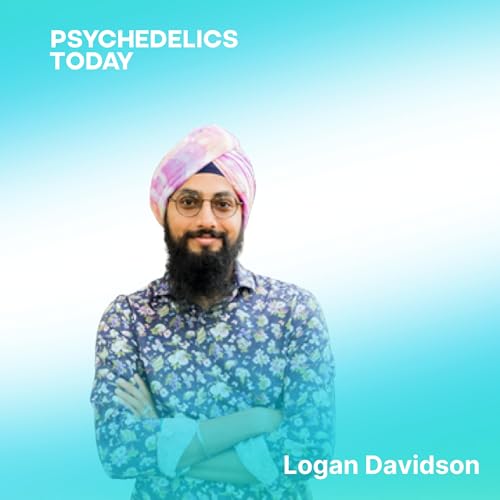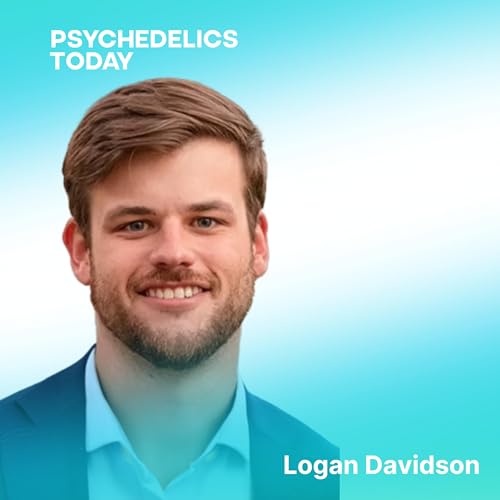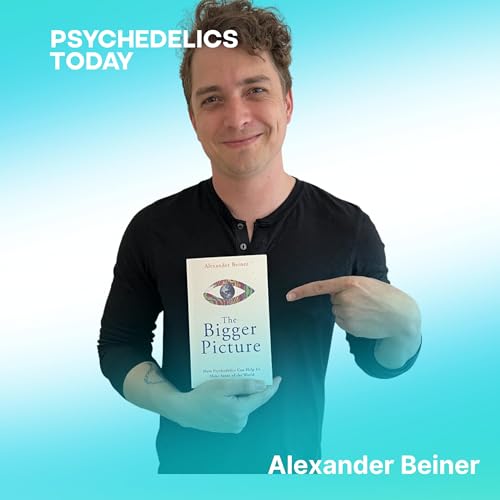Manvir Singh joins Psychedelics Today to unpack what shamanism means and why the term matters now. Singh is an anthropologist and author of Shamanism: The Timeless Religion. He argues that shamanism is not limited to "remote" societies or the past. Instead, it reliably reappears because it helps humans manage uncertainty, illness, and the unknown.
This episode is relevant for the psychedelic community because "shaman" often gets used loosely, or avoided entirely. Singh offers a clear framework for talking about shamanic practice without leaning on romantic myths, drug-centered assumptions, or rigid definitions that do not fit the cross-cultural record.
Early Themes With Manvir Singh Early in the conversation, Manvir Singh explains why many classic definitions of shamanism break down when tested across cultures, including in Siberia where the term originated. He discusses how popular images of shamanism often center "soul flight" and fixed cosmologies. However, ethnography shows more variation, including possession, spirit proximity, and different ways practitioners describe altered experience.
Singh also traces his path into anthropology, including long-term fieldwork with the Mentawai people off the west coast of Sumatra. There, he studied ritual specialists known as kerei and saw how central they are to healing, ceremony, and community life.
Core Insights From Manvir Singh At the center of the episode, Manvir Singh offers a practical three-part definition. He emphasizes these shared traits as the "beating heart" of shamanism across many settings:
-
A non-ordinary state (trance, ecstasy, or another altered mode)
-
Engagement with unseen beings or realities (spirits, gods, ancestors, witches, ghosts)
-
Services such as healing and divination
Singh also explores taboo, restriction, and "otherness." He explains how shamans often cultivate social and psychological distance through initiations, deprivation, and visible markers. This helps communities experience the practitioner as different in kind, which increases credibility when the practitioner claims access to hidden forces.
Later Discussion and Takeaways With Manvir Singh Later, Manvir Singh challenges common psychedelic narratives that treat psychedelics as the universal engine of religion or shamanism. He notes that many shamanic traditions do not rely on psychedelics at all, and that rhythmic music, drumming, dance, and social ritual can reliably produce trance states.
He also clarifies a key mismatch in many contemporary "ayahuasca tourism" settings: in many traditional contexts, the specialist takes the substance to work on behalf of the patient, rather than turning the participant into the primary visionary practitioner.
Practical takeaways for the psychedelic field include:
-
Use definitions that fit cross-cultural evidence, not marketing language.
-
Avoid assuming psychedelics are required for mystical experience.
-
Notice how authority gets built through ritual, training, and otherness, not only through pharmacology.
 1 h et 8 min
1 h et 8 min 1 h et 15 min
1 h et 15 min Dec 22 20251 h et 13 min
Dec 22 20251 h et 13 min Dec 2 20251 h et 17 min
Dec 2 20251 h et 17 min 1 h et 13 min
1 h et 13 min 1 h et 24 min
1 h et 24 min Nov 21 20251 h et 7 min
Nov 21 20251 h et 7 min

